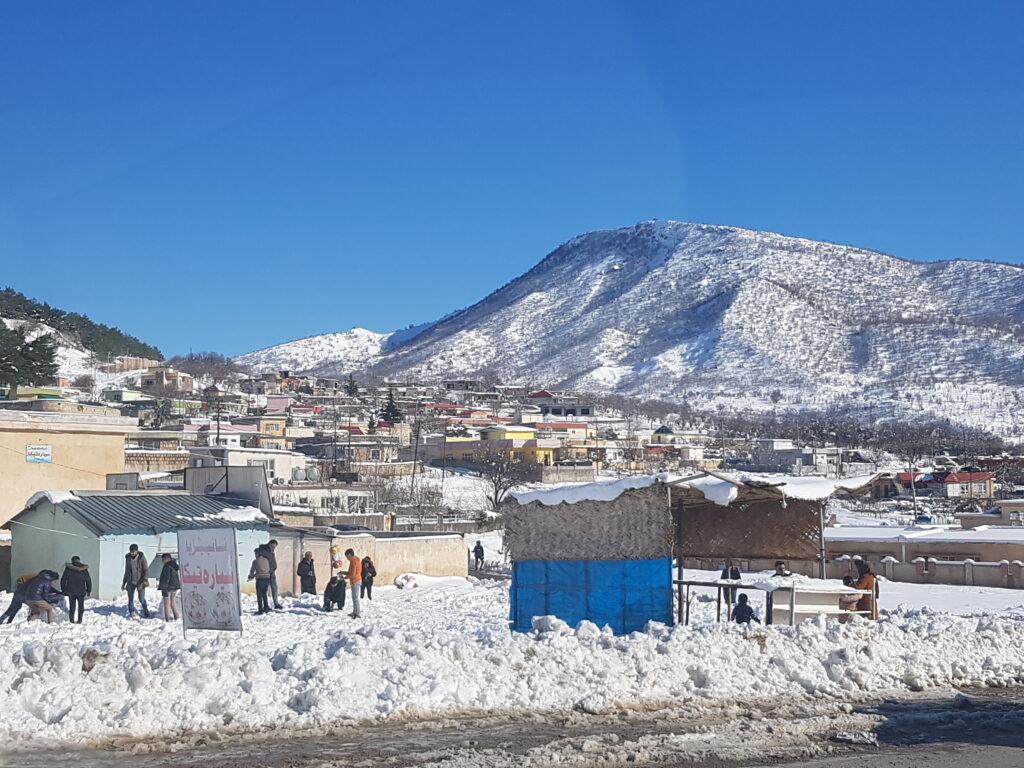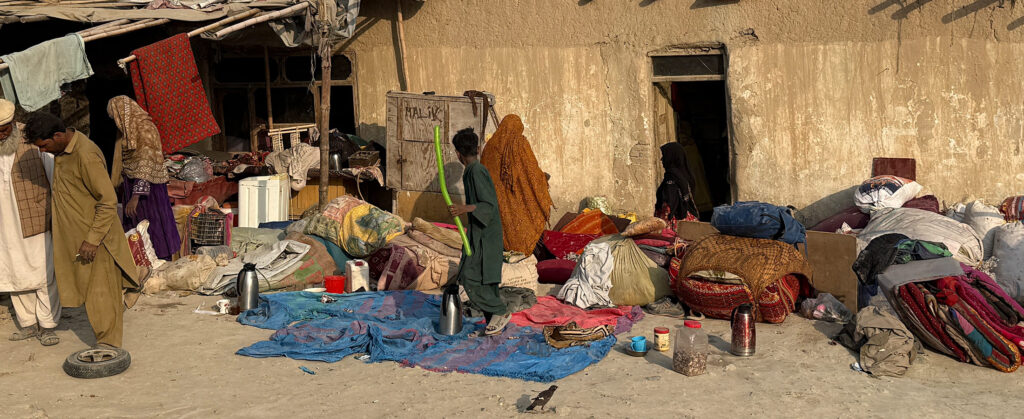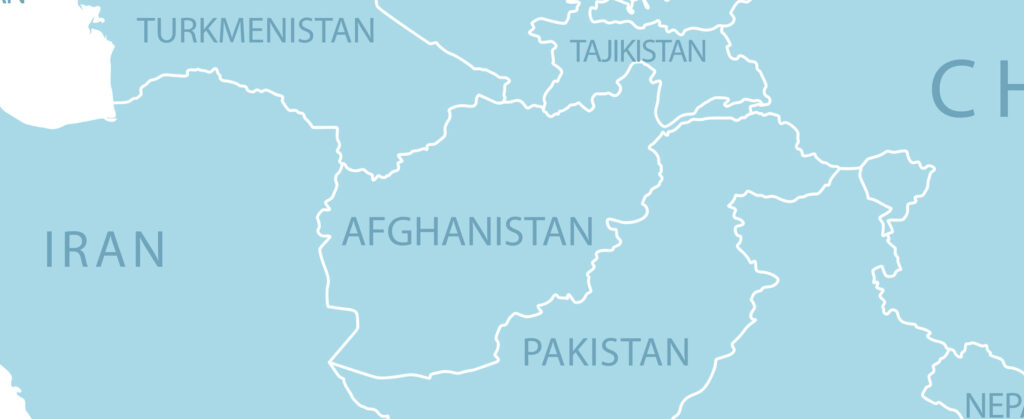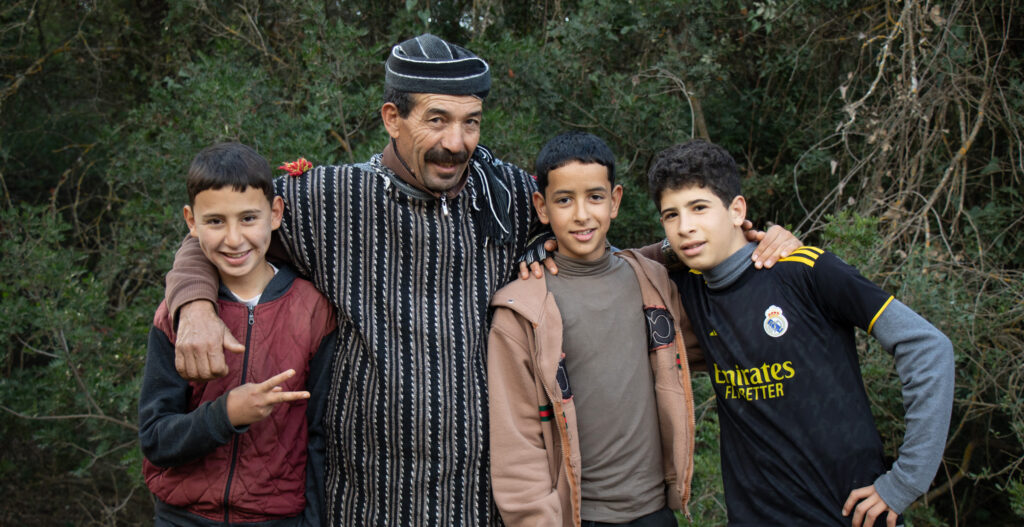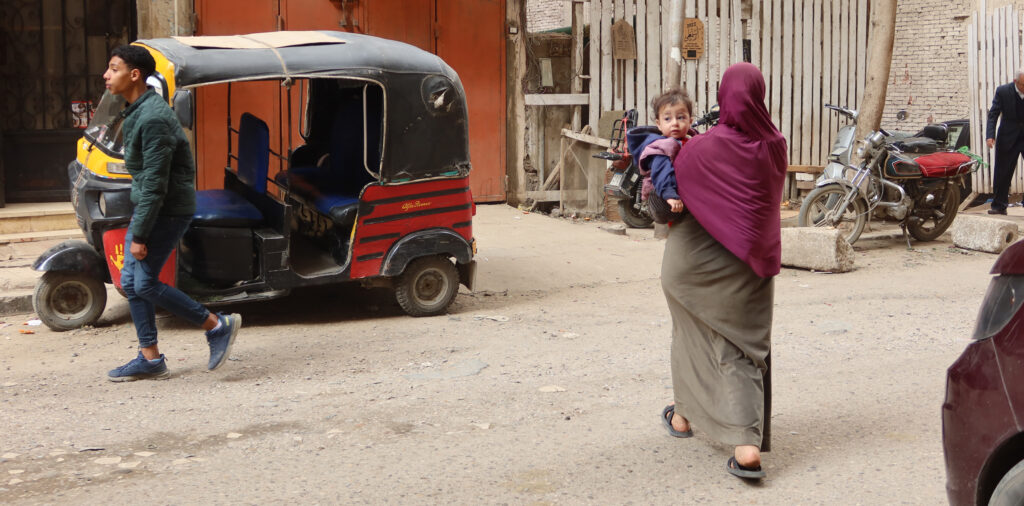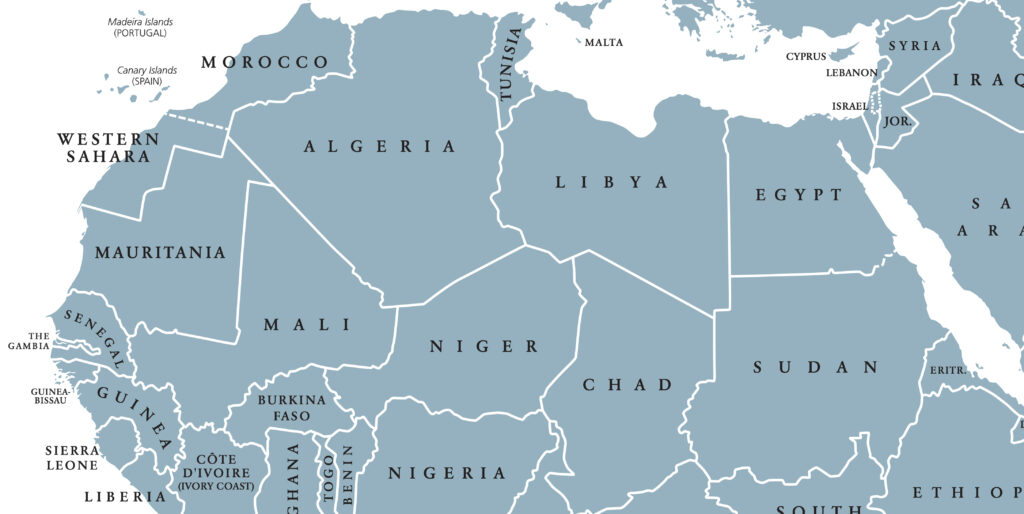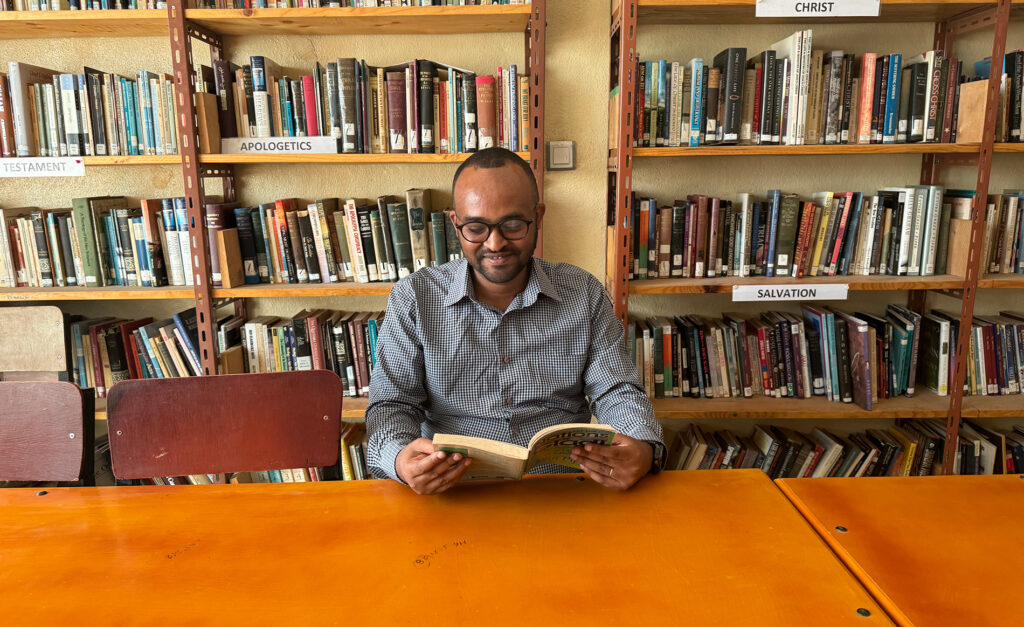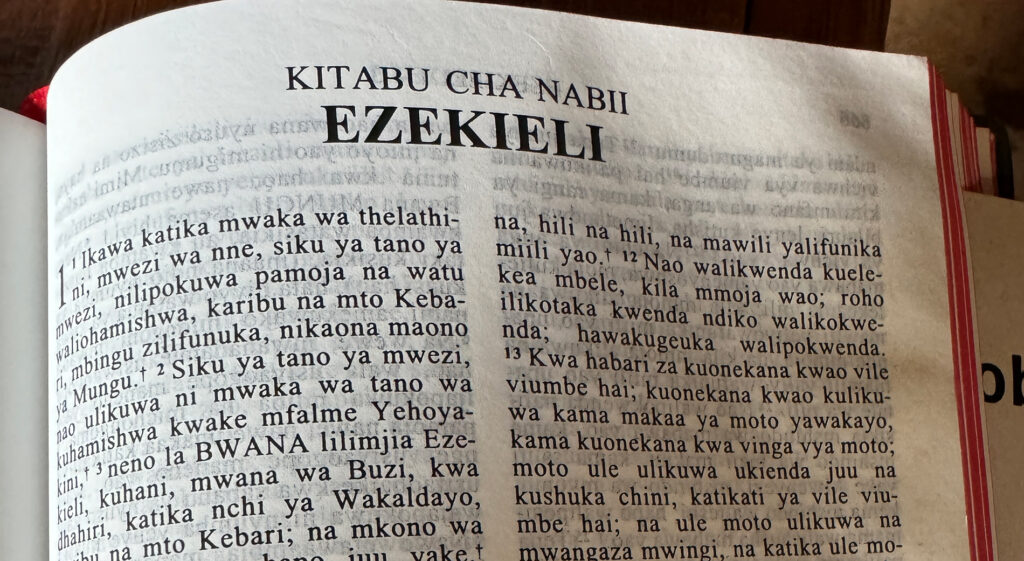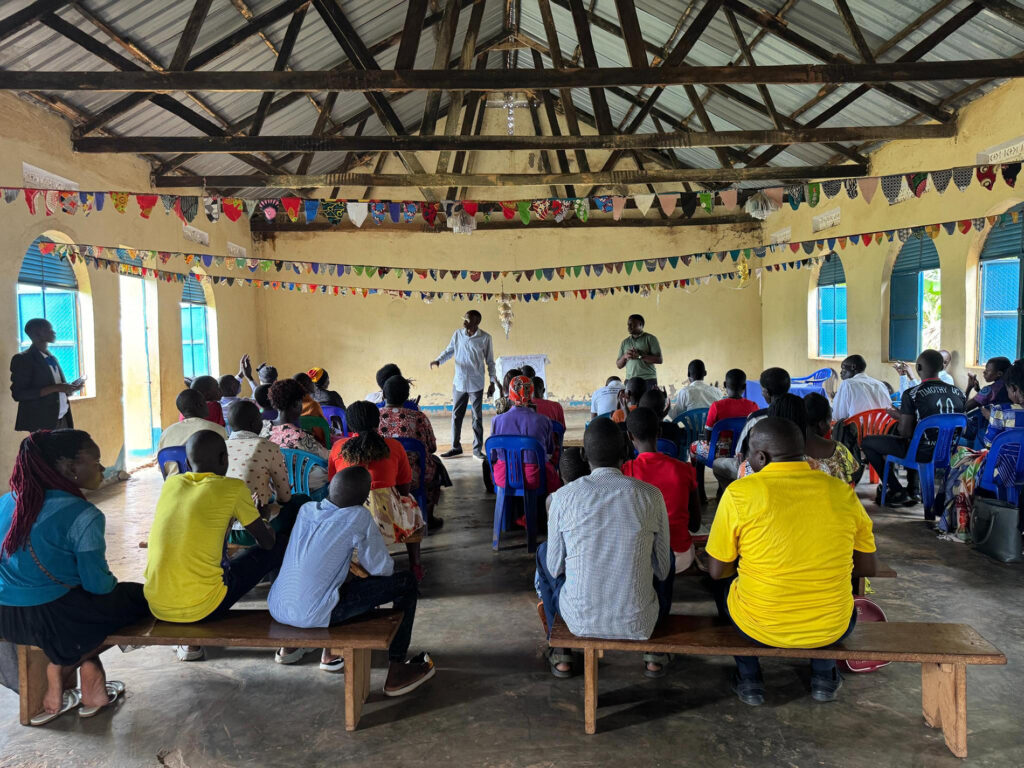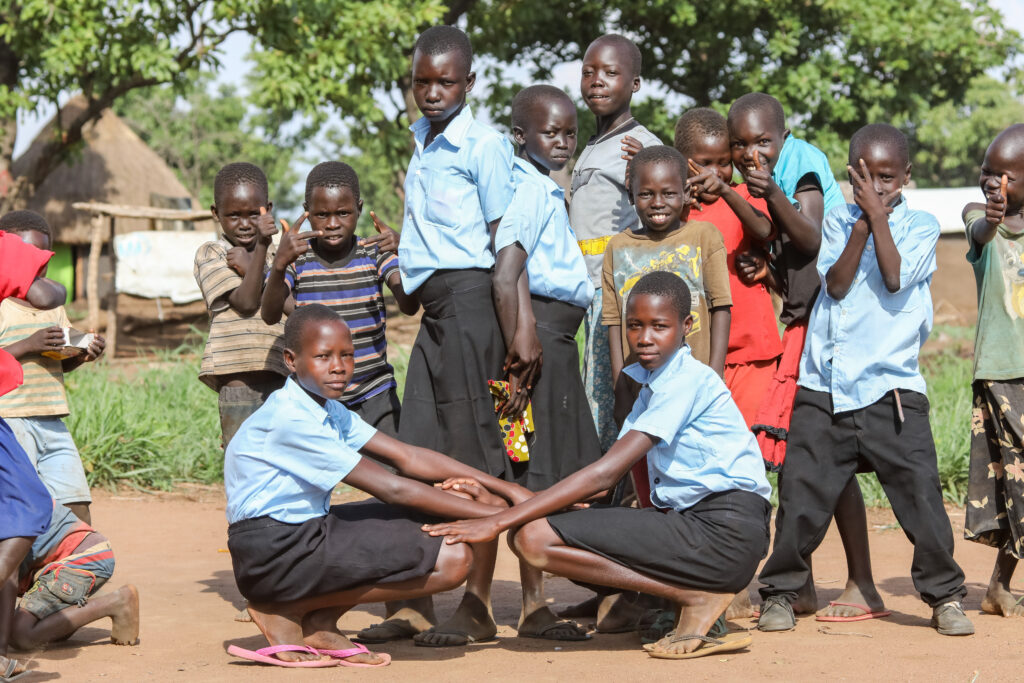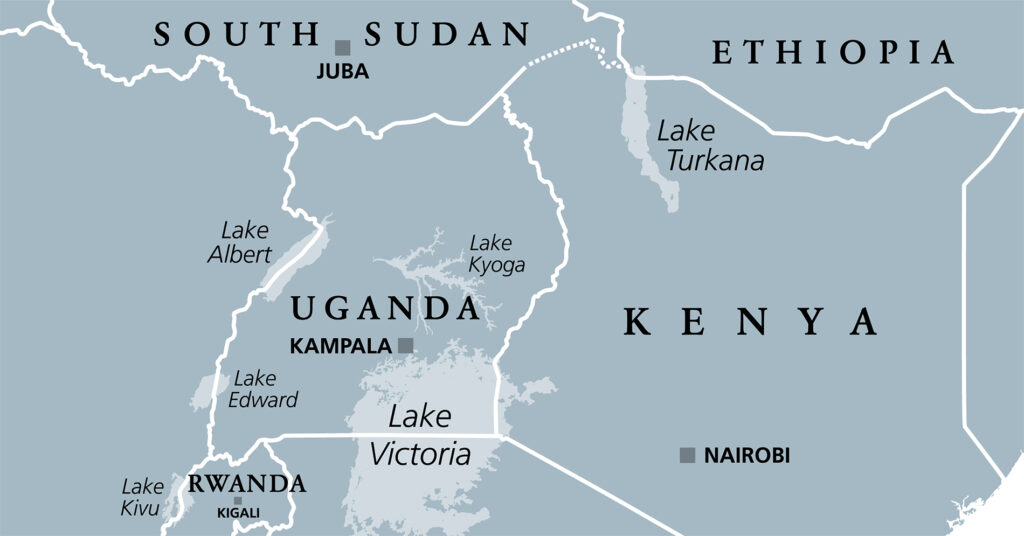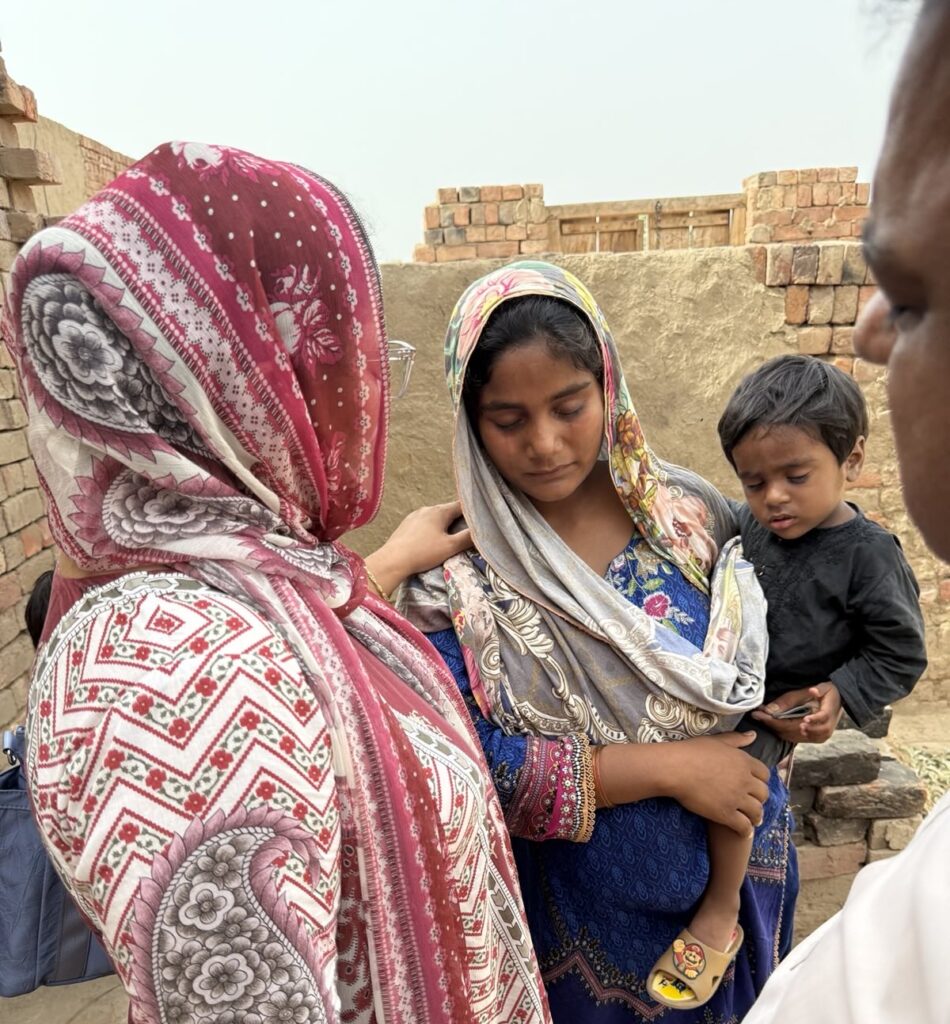They came without warning in the middle of the week.
The coalition of armed rebel groups swept into Syria’s second largest city, Aleppo, overwhelming it in a matter of 72 hours.
On the ground, people were terrified. Syrian government forces had driven the Islamist rebels out of Aleppo eight years earlier. No one expected the sudden militia offensive.
As rebel tanks rolled through the city, hundreds of thousands of people tried to flee. ICR partners say they are sleeping out in the open in winter temperatures. Some of them have been on the run for years, fleeing to Lebanon, then returning to Syria when Israel began bombing Lebanon, and now fleeing the Islamists.
Within days, the rebels fought their way across Syria, taking the major cities before invading the capital city of Damascus. President Bashar al-Assad fled to Russia, finally leaving the country he and his family ruled tyrannically for decades.
ICR partners told us, “We don’t know what will happen next.”
Christians, Kurds, Shiites, and other minority groups are fearful. They are painfully aware that the Islamists enforced a strict form of Islamic law during their previous rule. Christians were second-class citizens: subject to high taxes, had belongings and land taken, kidnapped, and murdered, without recourse. For Christians who converted from Islam, Shariah law stipulates death.
The Islamists who conquered Damascus promised to hand over power to a new government, but no one knows what this will really mean. ICR field workers say during the recent Islamist rule in Idlib, in northwestern Syria, Christians suffered brutality.
Right now, converts are at the greatest risk. They fear harsh persecution and death. Some local sources reported a total shutdown of activity in Mahardah, a Christian-majority city. There are also reports of “infidels” being executed.
Before the war that started in 2011, Aleppo was a haven for historical Christian groups like Armenians, who came into Syria during the Armenian genocide in Türkiye in 1915. Around 200,000 to 250,000 Christians lived in
Aleppo. During the war, that number fell to 50,000.
The city was home to many Christian ministries and churches, including ICR partner ministries. Many ICR partners providing aid after a massive earthquake hit northern Syria in 2023 were based in Aleppo. They have been helping those in need for years, including regularly distributing food. “They have not hidden their faith, and this could be their downfall under the Islamists,” an ICR field worker said.
Some of these believers fled, leaving their belongings behind. Others have stayed, helping where they can and uncertain what the future will hold for them. These partners are distributing emergency supplies: diapers, mattresses, and medicines. They are planning for large-scale distributions for displaced people.
“Their work on behalf of the church puts them in particular danger,” the ICR field worker said.
The future of the country is uncertain. Power vacuums often lead to further instability and suffering. There is danger that dormant conflicts will flare up and that the various Islamists groups will compete for control.
ICR partners are pleading for prayer during this time. Many people are exhausted after 14 years of war and need healing. The once vibrant economy is destroyed.
“The human outlook is rather bleak,” the ICR field worker said. “The Christian community is under great threat. In all of this, however, we can know that Jesus is standing above it. He stands by our brothers and sisters who are still in the city and helps those who are on the run.
“Even if radical cries of ‘Allahu-Akbar’ are now ringing out all over northern Syria, the church of God will not be wiped out.”
